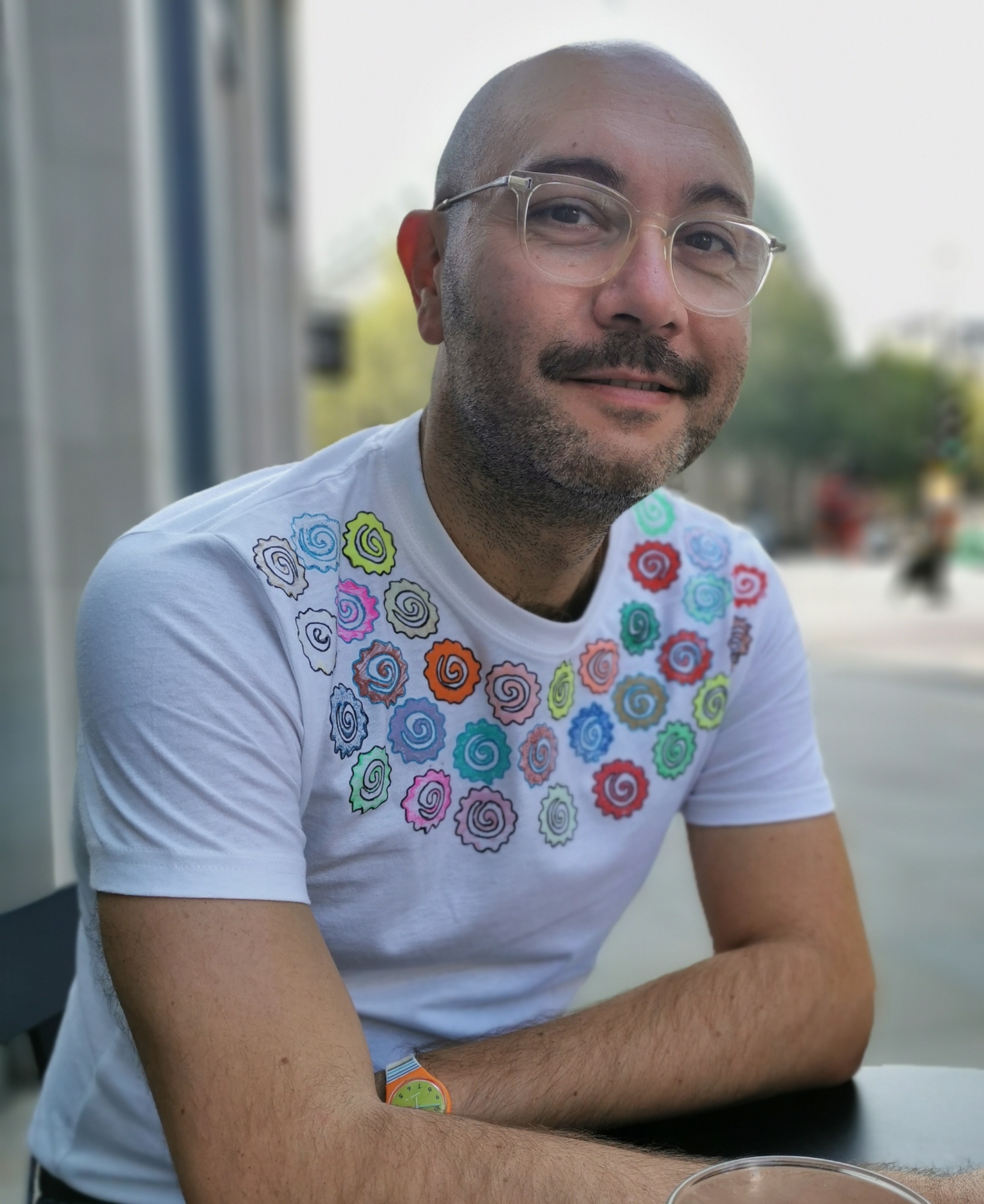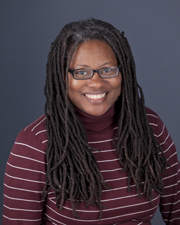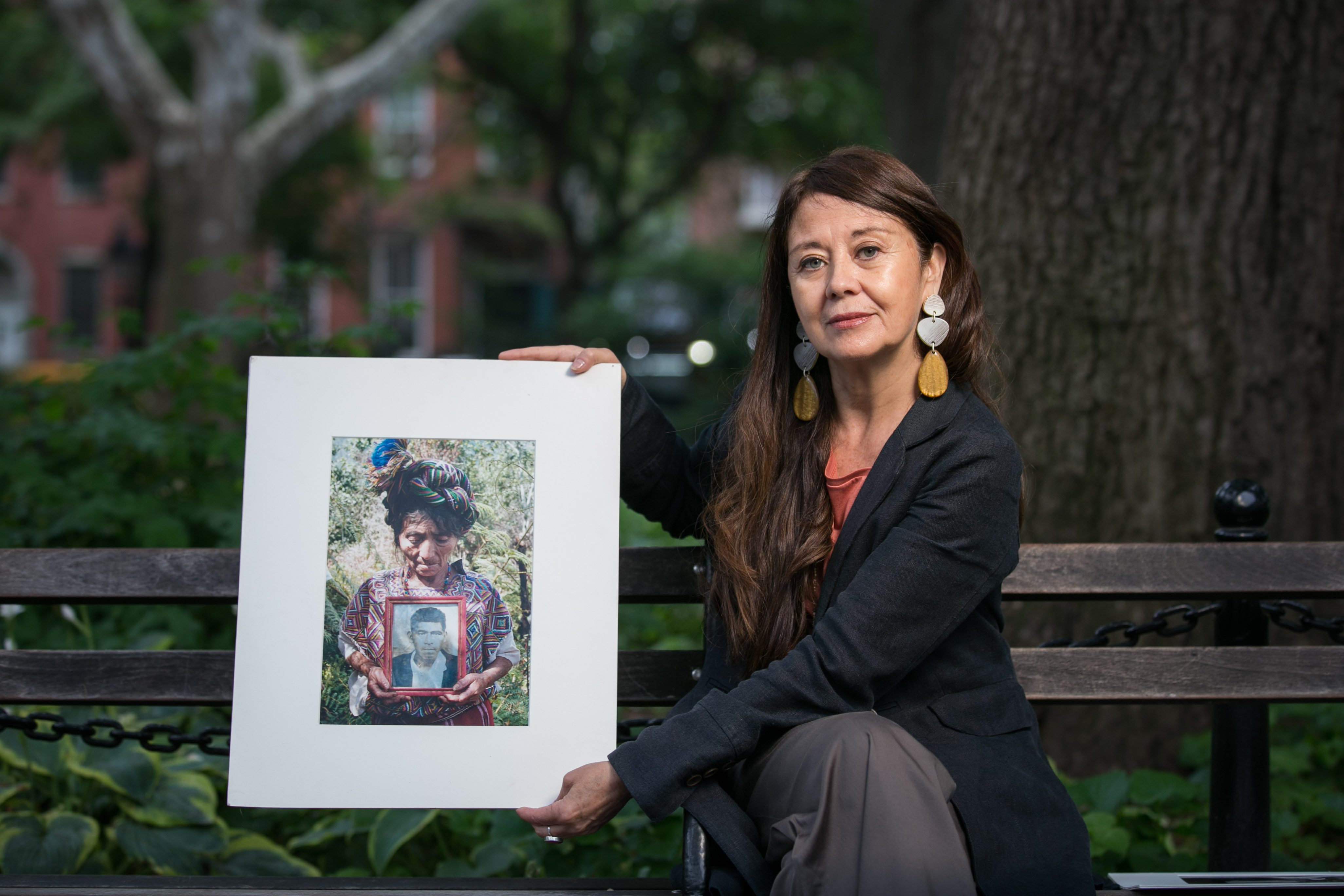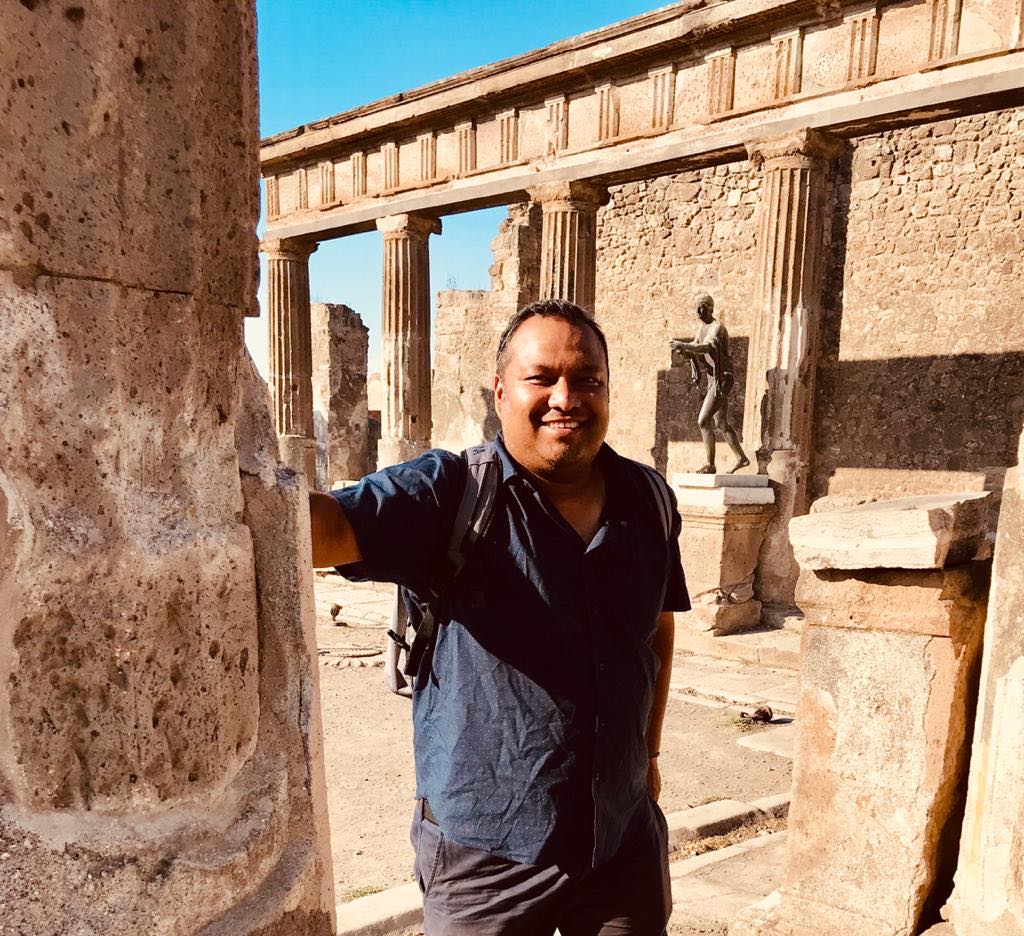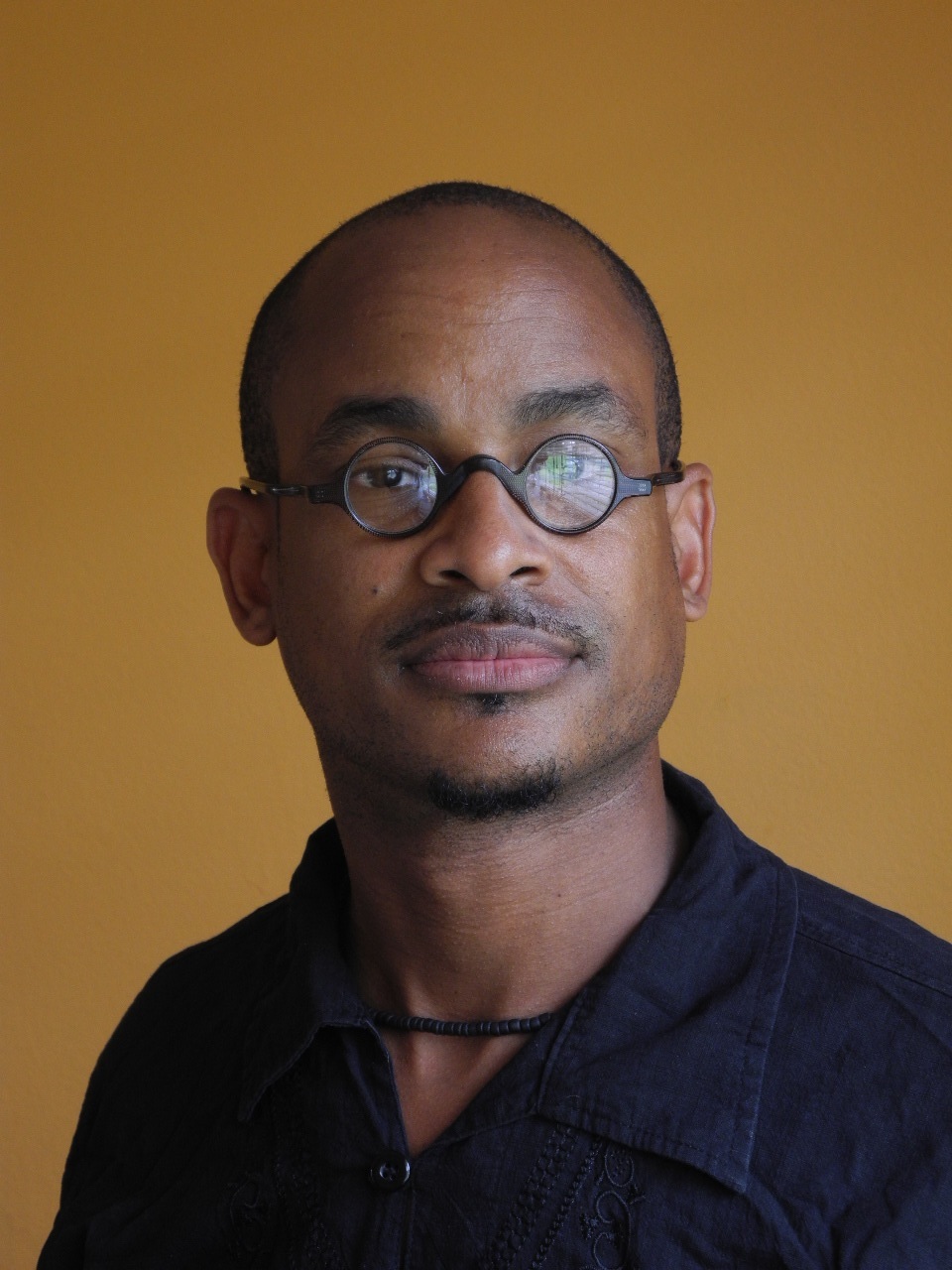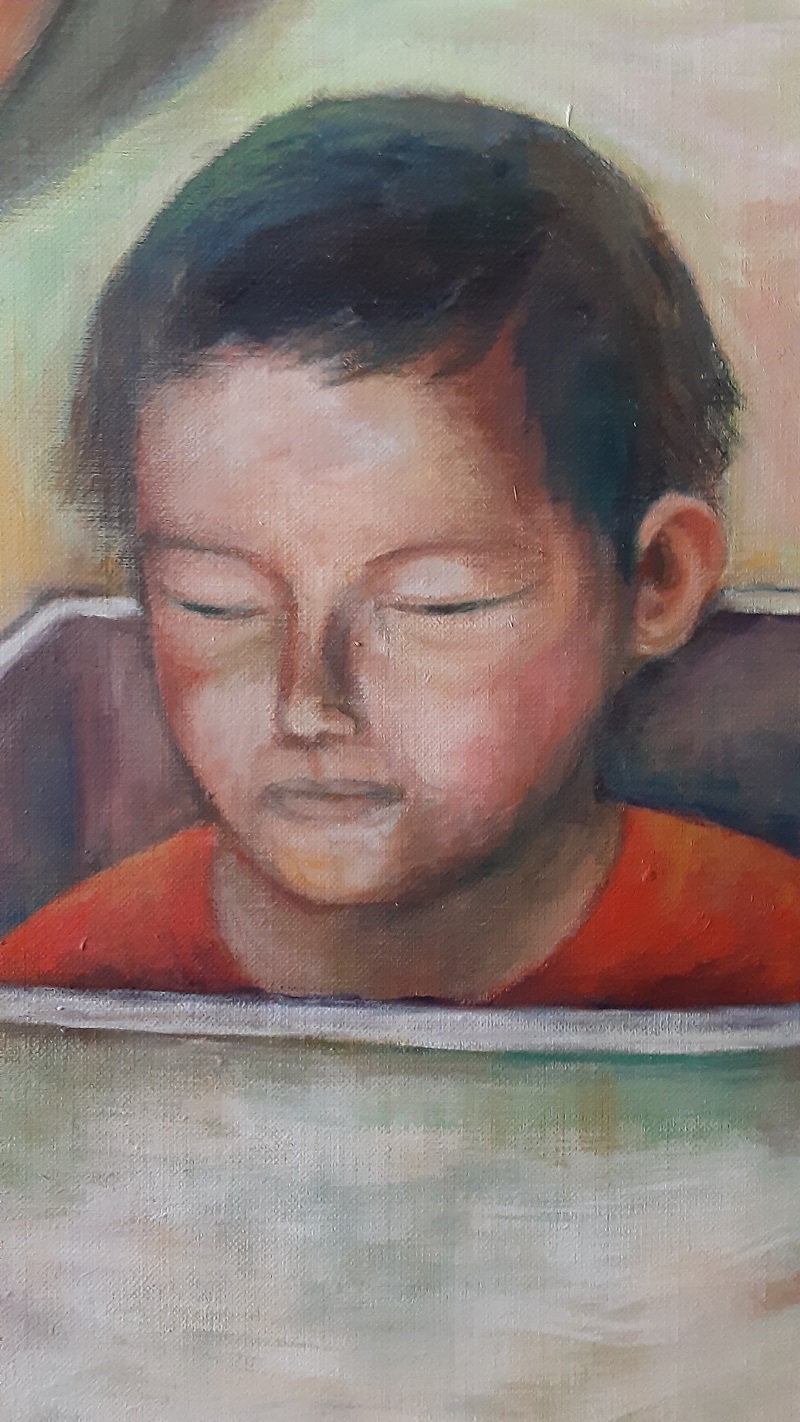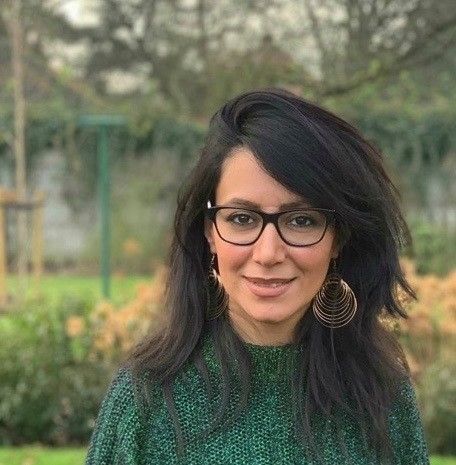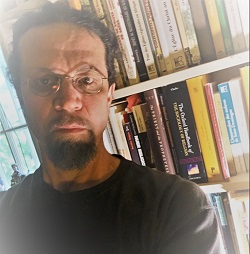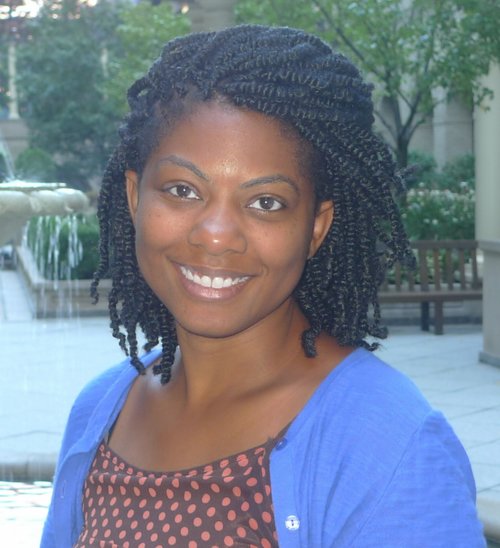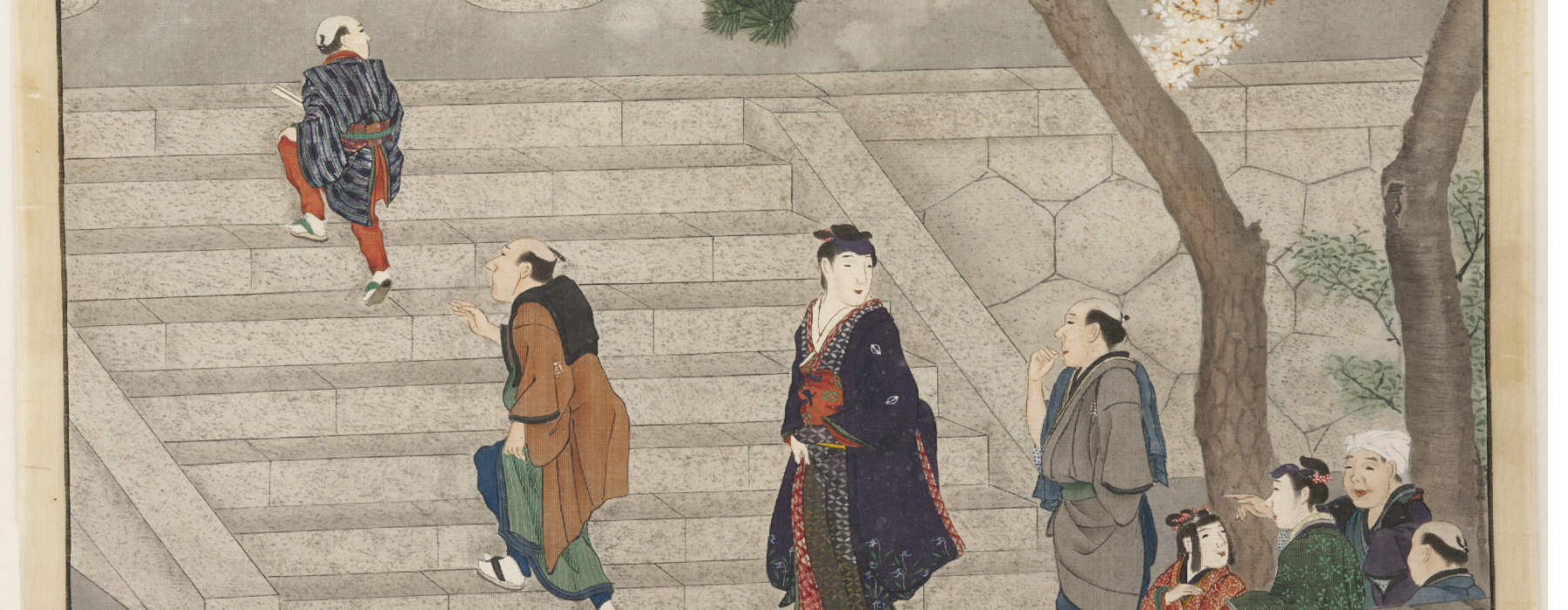
Image: Image: A man approaches an onnagata while they are climbing a flight of stairs. Onnagata (女方or 女形) is a commonly encountered term in discussions of Japanese kabuki theatre and ukiyo-e prints that initially meant "those in charge of women['s roles]" and later "woman's form" (onna + kata). Onnagata are kabuki actors-- usually, if not always, male --who perform the roles of women. Some actors specialize exclusively in women's roles, while others play both men's and women's parts. Sumi ink and pigment on silk, Kawahara Keiga川原慶賀, 1826. RV-360-4343.
The titles of our workshops are purposefully vague, and invoke the notion of thinking with, which is part of a series we inaugurated in July 2020 with Michael Rothberg’s notion of the implicated subject. We want to (re)think questions of agency, diaspora, resistance, revolt, or solidarity, as they pertain (or not) to the collections in our museums. In these conversations, we particularly engage the critical category of gender.
15.30-15.40 – Opening words
Wayne Modest, Henrietta Lidchi, Wonu Veys
15.40-16.05 – Thinking self-fashioning & textiles
Cécile Accilien
Cynthia Becker
Charlotte Hammond
Tamara J. Walker
Conversant: Daan van Daartel
16.05-16.20 – Thinking multiple crossings & the Black Atlantic
Terry Rey
Christian Flaugh
16.20-16.40 – Thinking solidarity, thinking woman
Carolina Cueva
Layal Ftouni
Marcia Esparza
16.40-17.00 – Thinking gender
Louise Autar
Ila Nagar
Maki Isaka
Conversant: Priya Swamy
17.00-17.20 – Thinking gender, thinking diaspora
Adnan Hossain
Akin Hubbard
Ladan Rahbari
Conversant: Priya Swamy
17.20-17.45
General discussion: Next steps
